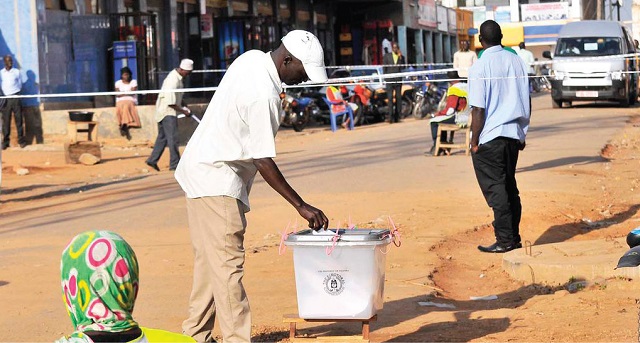
It doesn’t mean what you think it does
Kampala, Uganda | SUZANNE ROBBINS | Money is indispensable in American electoral campaigns. Without it, candidates cannot amplify their message to reach voters and it’s harder to motivate people to take interest and vote.
Nevertheless, a May 2018 Pew survey revealed a bipartisan 70 percent of respondents said individual and group spending in elections should be limited.
But does the American public understand the actual role played by campaign spending?
I’m a political scientist who studies American politics. Here are the answers to fundamental questions that voters should ask about the role of money in elections.
How much do elections cost?
Running for federal office is expensive. According the Campaign Finance Institute, the cost of winning a U.S. House seat in 2016 was over US$1.5 million (Approx. Shs5.6 billion) All told, approximately $816 million was spent by 723 major party candidates for the U.S. House.
The average amount a House candidate spent in 2016 was $1.2 million (Approx. Shs4.5 billion). However, there’s a lot of variation depending on what type of candidate you are.
Republicans and incumbents, for example, spent more on average than challengers and those running in open-seat contests in 2016. In fact, the average challenger spent less than half a million dollars, or about one-fourth the amount an incumbent spent.
Those figures don’t include money spent by parties and outside entities to influence the election. Federal law dictates that groups, parties and individuals – including the groups known as super PACs – can make what are called “independent expenditures” for or against a candidate, so long as they do not coordinate with the candidate.
Spending from the major parties and super PACs in House and Senate races more than tripled between 1998 to 2016, growing from $267 million to $978.6 million.
Can money buy an election?
Money is necessary for a candidate to be competitive, but it doesn’t ensure success.
A lack of money can eliminate less capable candidates, but having money does not guarantee that a particular candidate’s message will resonate with the voters. As Campaign Finance Institute researchers Michael Malbin and Brendan Glavin write, “If voters do not like what they are hearing, telling them more of the same will not change their opinion.”
So how does money matter?
Money can affect which candidates run. Specifically, early money – or money raised before the primary – matters especially in this regard.
Candidates can prove their viability by raising significant sums before the first advertisements air. Landing some big donors before the first advertisements or primary allows candidates time to build campaign infrastructure. Insiders refer to this as the “invisible primary.” Media stories on the invisible primary for the 2020 presidential election are well underway.
 The Independent Uganda: You get the Truth we Pay the Price
The Independent Uganda: You get the Truth we Pay the Price





